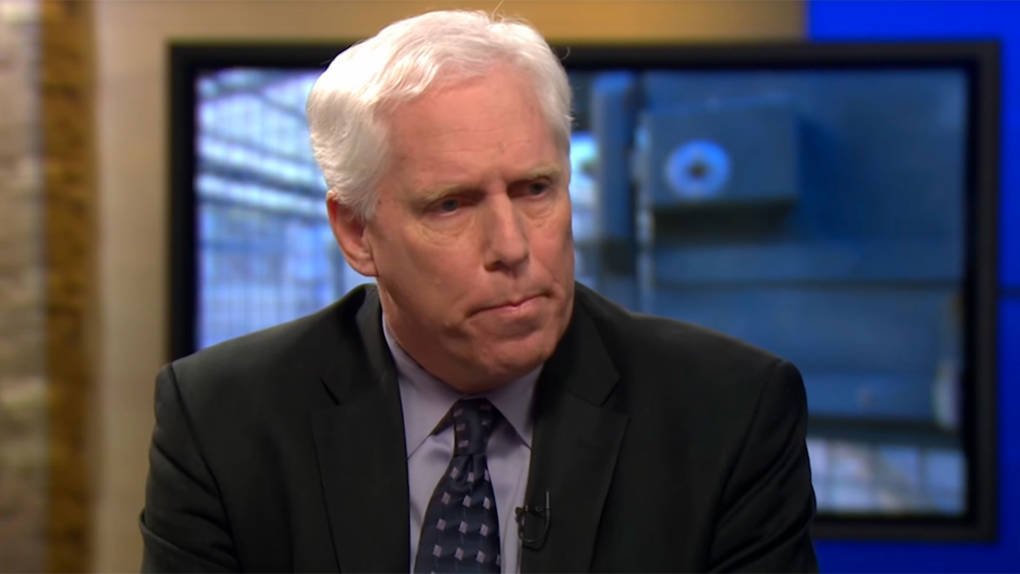“It was a thorough reexamination,” Wagstaffe said.
Hensley, who had moved to Virginia but was originally from Los Altos Hills, was arrested on Dec. 20, 1999.
Prosecutors argued that Hensley made romantic overtures to Noble, which were rejected.
“He made an effort one night to get romantic with her, to get physical with her. She declined it and he beat her to death,” Wagstaffe said.
According to Wagstaffe, the jurors were most impressed by the testimony of Dana Margulies, Hensley’s ex-fiancée in Virginia. She told the court that Hensley choked her “almost to unconsciousness” when she broke up with him, several years after Noble’s death.
Her graphic testimony, plus circumstantial evidence, clinched a guilty verdict of first-degree murder and a sentence of 25 years to life. Hensley successfully appealed and changed the conviction to second-degree murder, with a sentence of 15 years to life.
Hensley appeared to admit responsibility for Noble’s death in 2016, when he told a parole board that he hit his roommate with a champagne bottle.
The Thursday parole hearing was attended by Noble’s sister and two brothers, all of whom strongly opposed his release.
Mike Noble, Kathleen’s twin brother, who did not attend the hearing, said the news was both a “painful shock” but something the family also expected, after attending multiple parole hearings over the years.
“It was a cold case,” he told KQED. “He had 10 years of freedom. That time should be added onto his sentence.”
Wagstaffe said the parole board considered the Youthful Offender Law and the Elder Parole Law, which allows for early parole consideration for people 50 or older who have served 20 or more years of their sentence. The board also noted that Hensley had not had any recent rule violations at San Quentin Rehabilitation Center state prison, ultimately finding him suitable for release.
Data released by the California Department of Corrections and Rehabilitation in 2019 showed that people 55 and older make up about 16% of California’s incarcerated population.
On average, it costs California a little more than $106,000 per year to keep someone in prison, according to the state Legislative Analyst’s Office. While the agency doesn’t track expenses by age group, the nonpartisan office reported that in other states, it can cost two to three times more to incarcerate an older person.
Su Kim, senior policy manager for parole justice nonprofit UnCommon Law, said elderly parole has been successful “in releasing elderly people who do not pose a danger and reducing exorbitant incarceration costs, all without any trade-off in public safety.”
Kim cited a CDCR report that showed an elderly parole recidivism rate of just 2.4%, and less than 1% for crimes against a person — 20 times lower than the overall CDCR recidivism rate.
“If parole consideration is concerned primarily with public safety,” Kim said, “then advanced age absolutely needs to be taken into consideration given the indisputable evidence that people age out of crime and violence.”
As a murder conviction, Hensley’s case must now go through an administrative review and then must be approved or reversed by Gov. Gavin Newsom, Wagstaffe said.
Mike Noble and Wagstaffe both said they would write letters to Newsom to encourage him to reverse the decision.
The effort, however, “doesn’t bring Kathleen back,” Noble said.
KQED’s Sara Hossaini contributed to this report.





